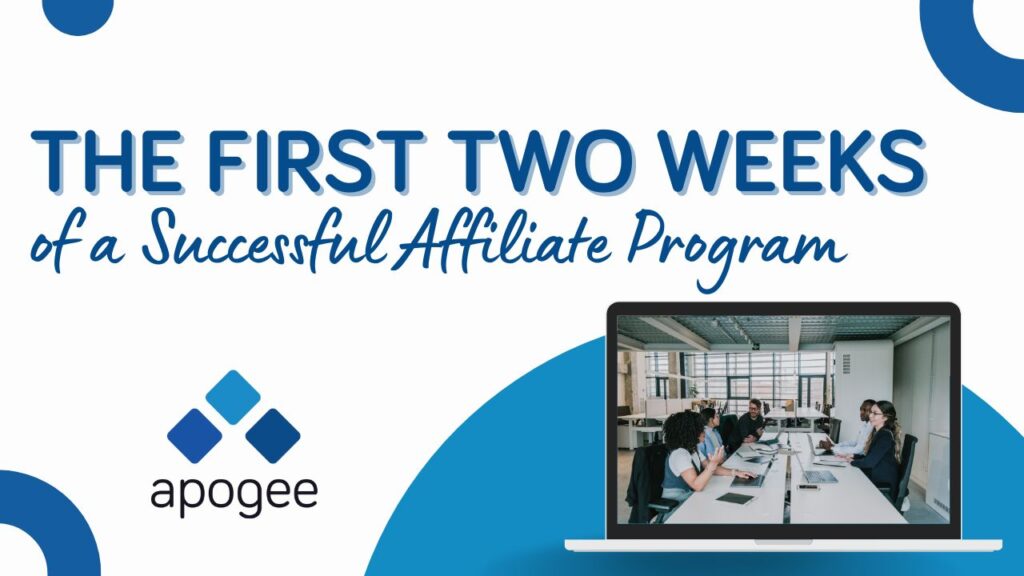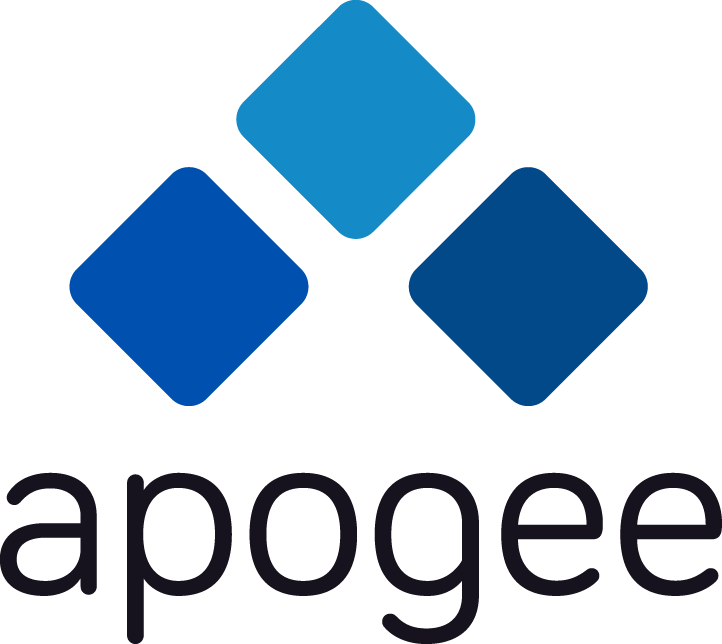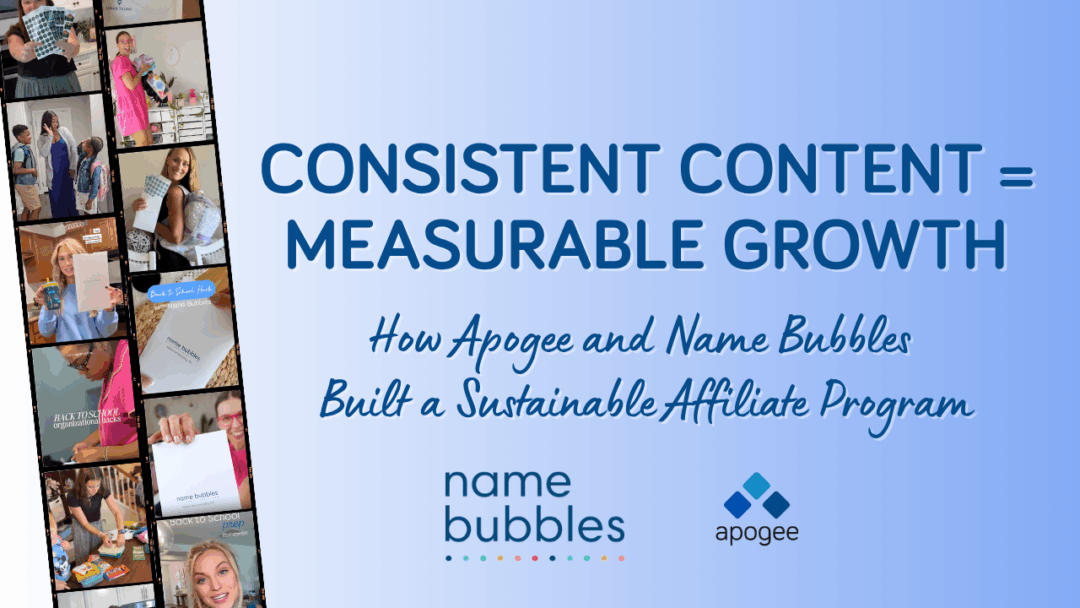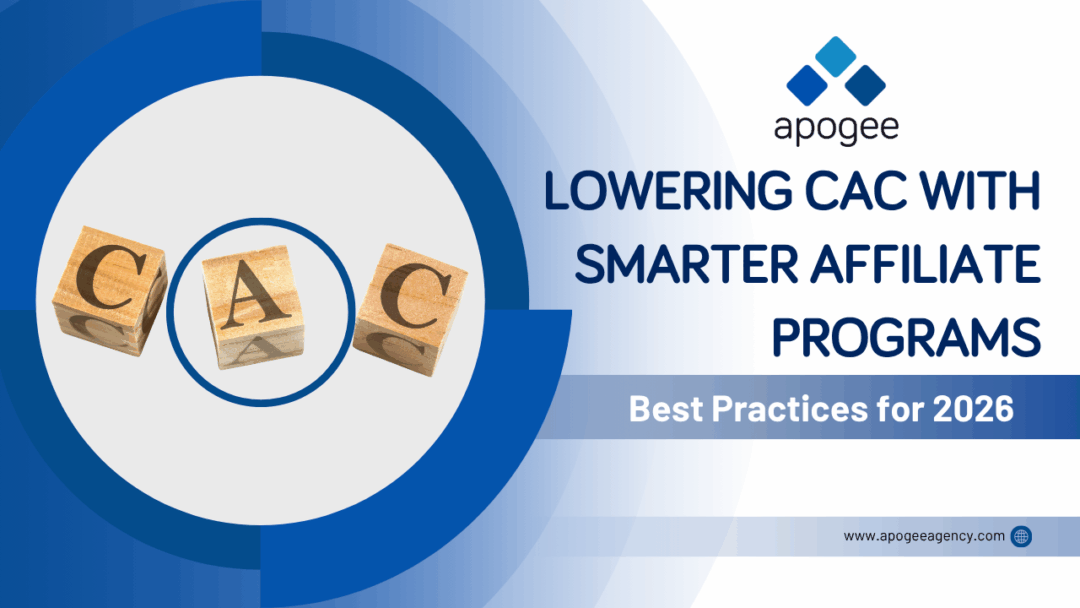
Maximize Your Affiliate Marketing Earnings with the Lasso Plugin
September 9, 2024
Name Bubbles Affiliate Program Now on Impact
September 18, 2024When launching an affiliate program on any platform, the first two weeks are critical for laying the foundation for long-term success. However, these initial days can also be the most challenging as affiliate managers navigate the flood of new applicants, many of whom may not align with the brand’s goals.

Dealing with Affiliate Applications
One of the main tasks in the early stages is filtering through affiliate applications. Often, the majority of these applicants may not be a good fit due to low-quality content, irrelevant audiences, or reliance on coupon or loyalty models. While it can be tempting to accept a high volume of affiliates, it’s crucial to prioritize quality over quantity. Brands should focus on approving affiliates with high-quality content who can deliver value through authentic and relevant promotion.
Related Article: How Auto Approve is Hurting Your Affiliate Program
Setting Clear Rules for Coupon and Loyalty Affiliates
Coupon and loyalty affiliates are popular and may promise quick traffic, but they can erode brand value if not managed carefully. In the first weeks, it’s important to establish clear guidelines on how these types of affiliates are allowed to participate in the program. By maintaining control from the start, brands can prevent future issues related to commission poaching and unauthorized discounts.
Communicating with Affiliates
A key element of success is maintaining strong communication with affiliates. Once affiliates are approved, it’s vital to engage with them through personalized outreach. This can include welcome emails, program guidelines, and promotional materials that encourage affiliates to start promoting right away. Proactive communication sets the tone for the partnership and can significantly increase early engagement.
Monitoring Performance
Tracking early performance metrics is essential for identifying trends and making adjustments. In the first two weeks, brands should keep an eye on which affiliates are driving traffic and sales. This data can provide insights into which partners to focus on for long-term collaboration, as well as reveal any inefficiencies in the program setup that need to be addressed.
The Importance of a Pre-Launch Strategy
Before launching on any platform, having a pre-launch strategy is essential. This strategy should involve preparing high-quality marketing materials, setting clear affiliate guidelines, and having a team ready to manage approvals and rejections promptly. With a solid pre-launch plan, brands can ensure a smoother experience during the critical early days.
While the first two weeks of an affiliate marketing program may be challenging, they are also an opportunity to build a strong foundation. By focusing on quality affiliates, setting clear rules, and staying communicative, brands can set their programs up for long-term success.




